How should parents deal with this addiction when their children are addicted to social media?

On the evening of September 30th, our cheese community opened its weekly discussion, this week's topic: social media addiction.
Most parents are very emotional about this topic. Mobile phone as an important carrier of information, not to use children is not realistic, but overuse will bring a certain degree of dependence, the formation of addictive behavior.
Regarding whether children should be allowed to use social software, some parents said that "as long as not addicted, the appropriate amount of brushing mobile phone is normal."
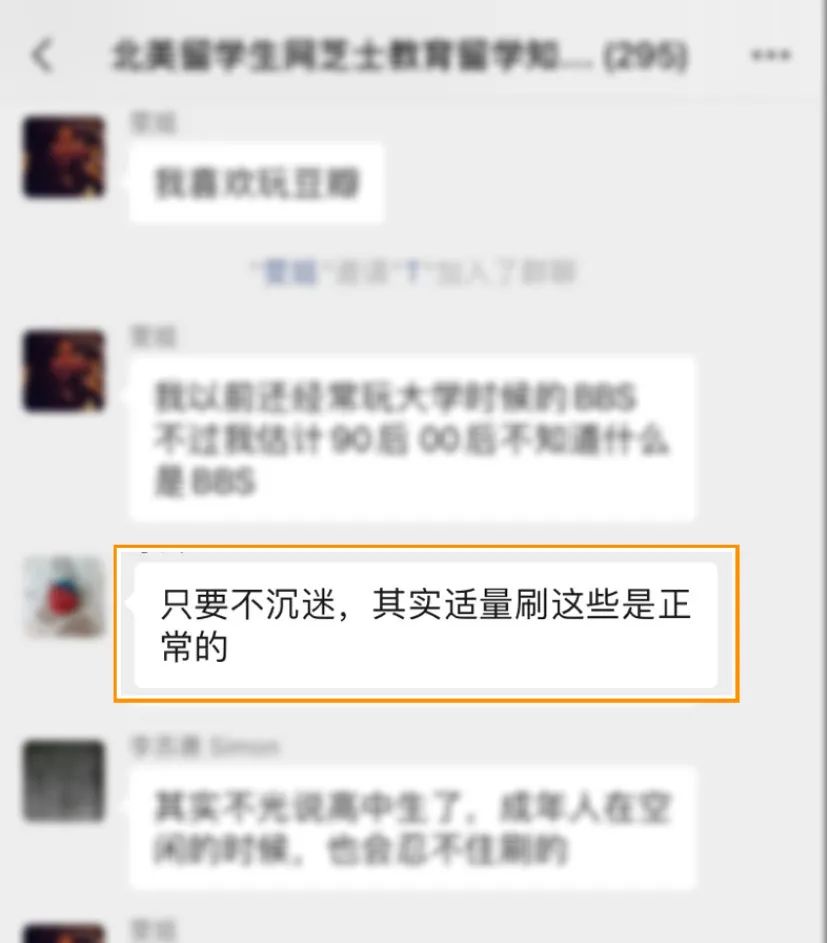
But underage people often lack self-control, it is difficult to control the "right amount."
Even with the use of social software, more and more children have social fears and don't talk in reality, but they can talk to people on social media.
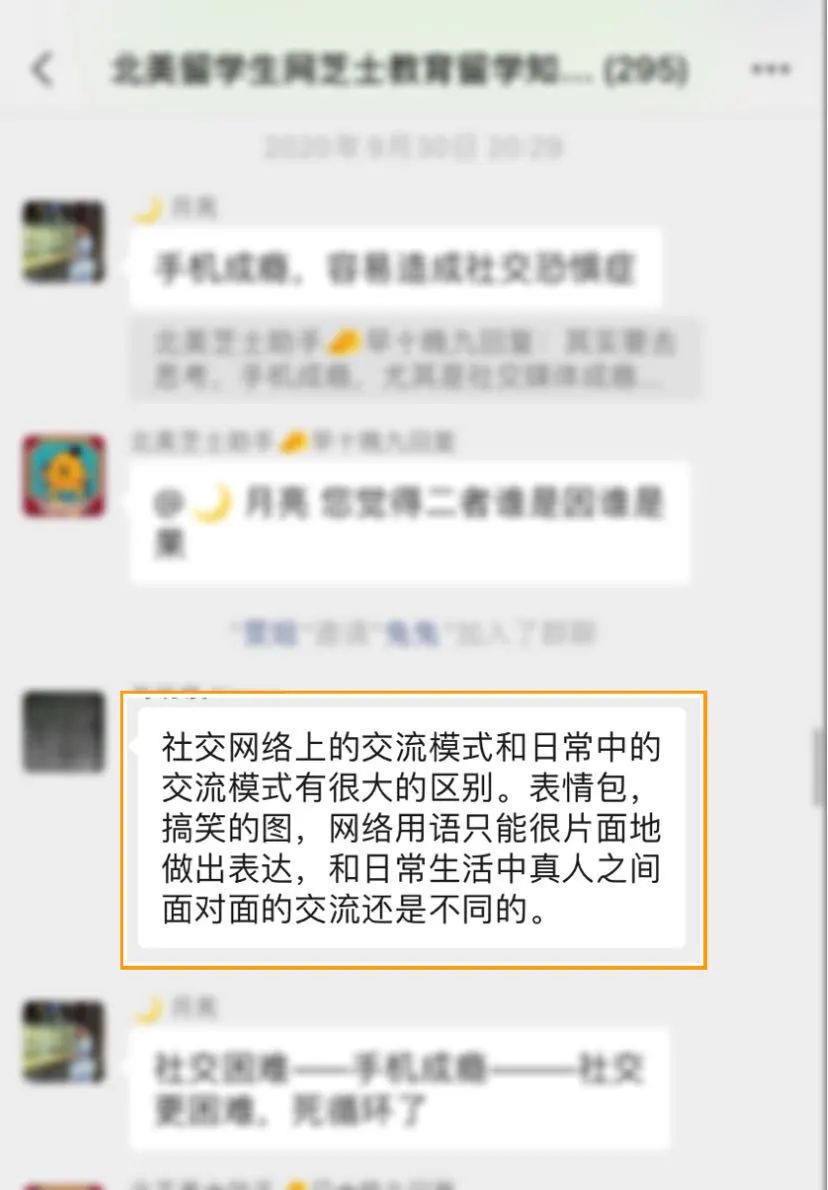
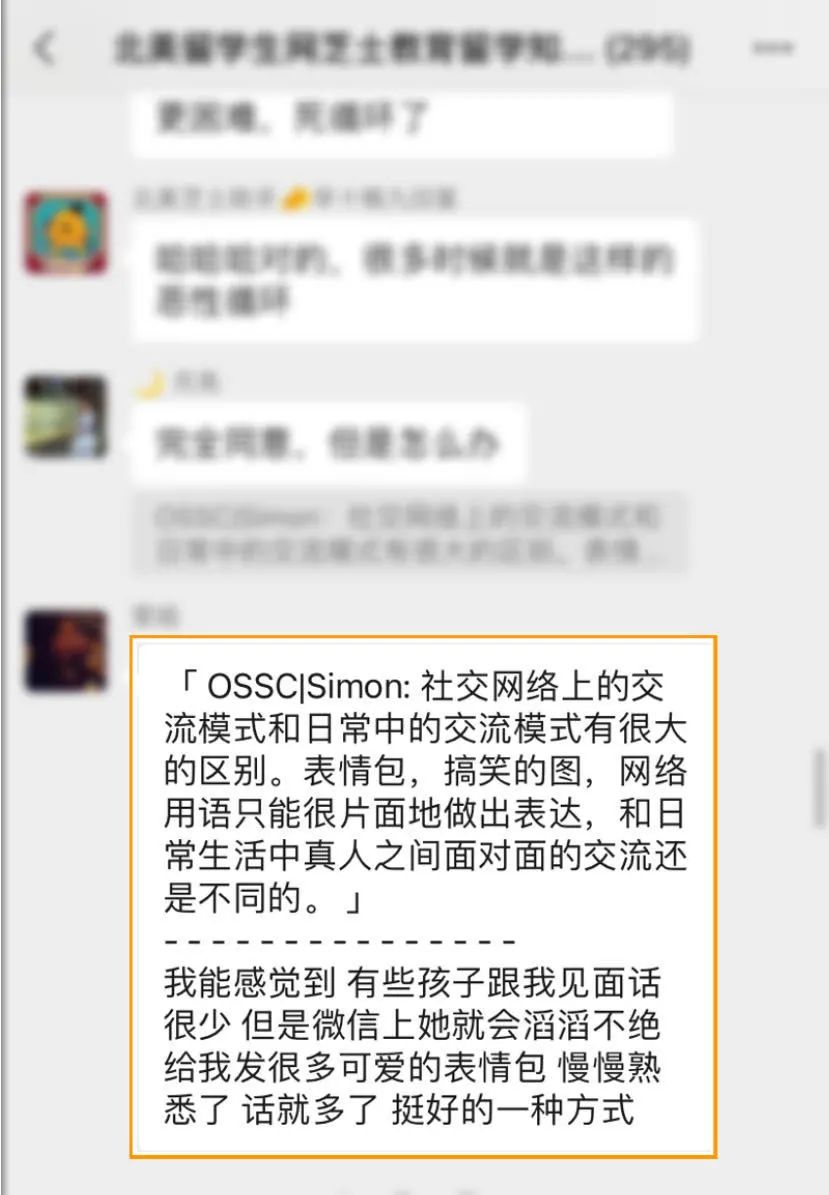
Finally, when it comes to addiction solutions, Ms. Viola mentions the important point: self-discipline.
"The essence of self-discipline is to satisfy one's greater desires"
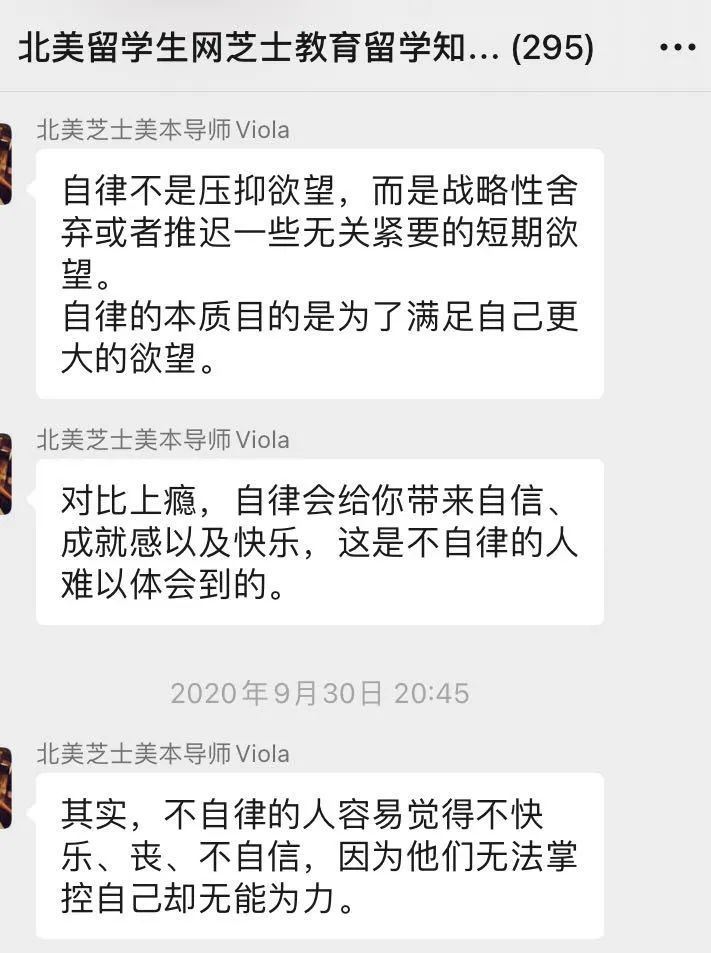
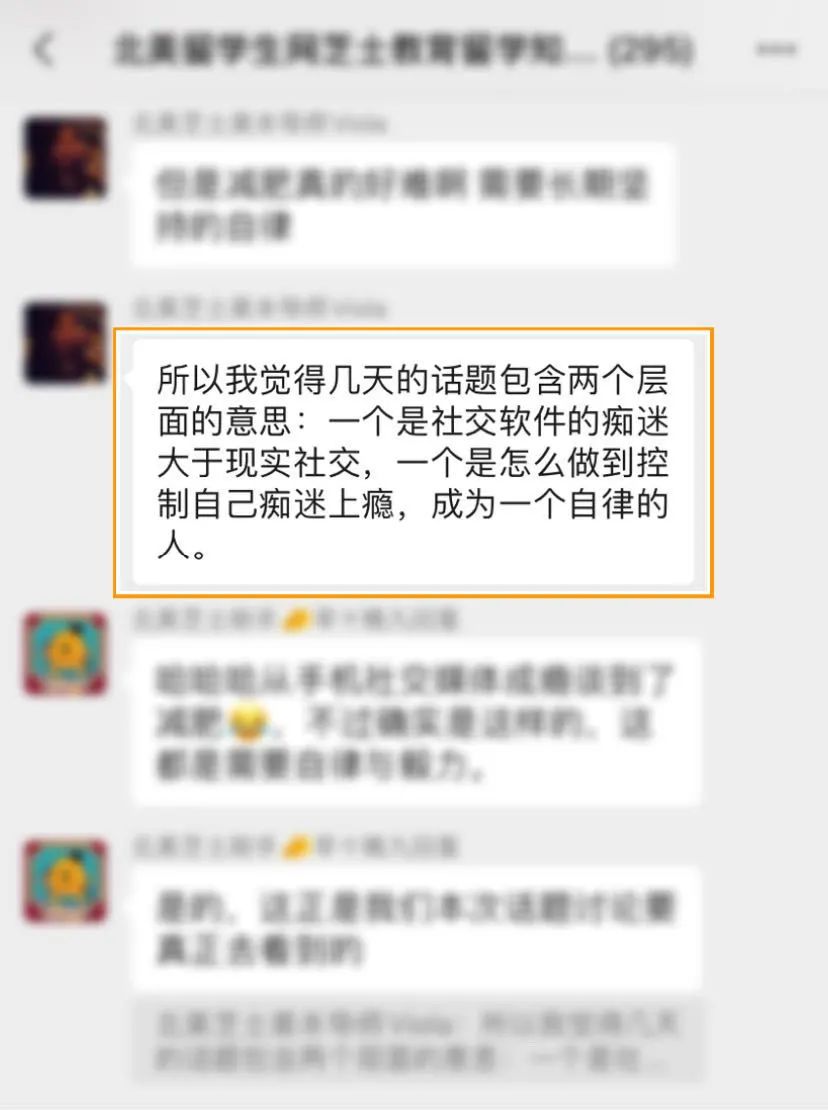
We hear a lot about social media addiction, it's all cheese rings.
Next we'll listen to the voices of the outside world, the voices of science...
Today we are fromSurveillance Capitalism: Smart TrapsSeveral aspects of the documentary are mentionedTalk about the potential impact of social media on young people's behaviour。
The documentary uses the perspective of several early founders, product designers and algorithmic engineers from well-known technology companies (Google/Facebook/Twitter/Instagram/Youtube) to illustrate how technology companies are transforming their products from a tool-based technology-oriented to a technology-oriented manipulation and addiction-oriented one.
In 2013, a book that was published in the Internet world as a golden rule, Hooked - How to Build -Forming Products.
Product managers at countless Internet companies are crazy about it. In the book, the author focuses on how to keep users' attention focused on their products for a long time, forming usage habits that they can't stop.
All the emerging Big Mac network companies, which focus on free online socializing, are lying on their toss to improve the retention rate of their users.
In the day-to-day operations of such companies, social media interactions are not really their main product, and companies like Facebook or Twitter need a huge demand from advertisers to sustain their profitsAdvertisers value the huge user base in the hands of internet companies and their browsing habits, with this data, advertisers can accurately circle the groups and ways in which their ads are delivered.
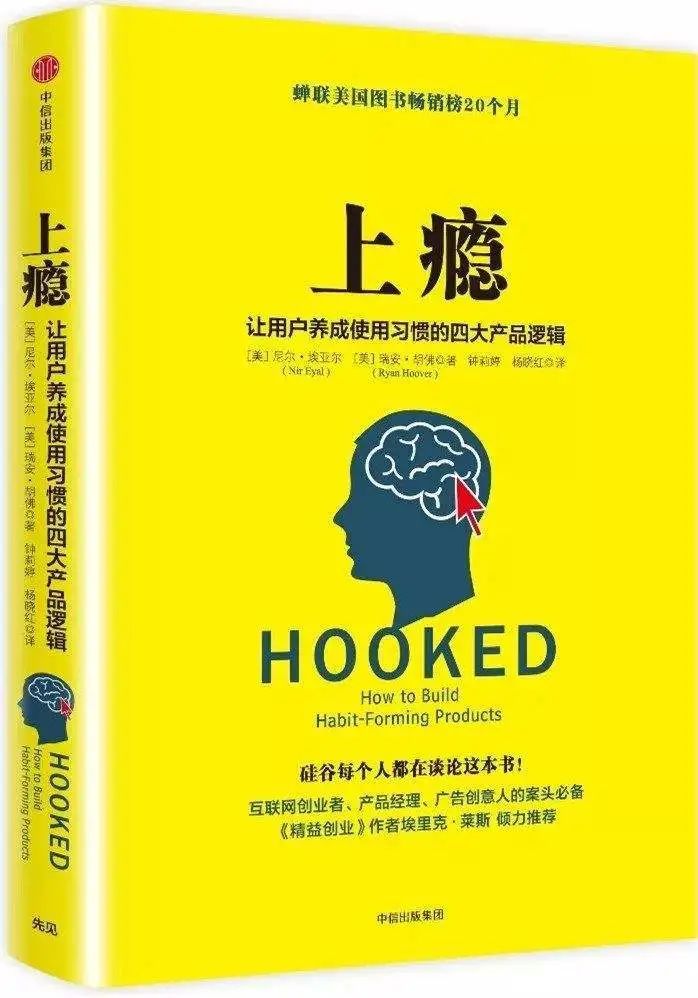
Man himself becomes a product.
Every year, Silicon Valley-based FLAG (Facebook, LinkedIn Linkedin, Amazon Amazon, Google) invests hundreds of millions of dollars to hire professionals such as psychologists, behavioral scientists, sociologists and more to make their products more exciting.
The choice of topics of interest to the user, the length of stay for photos of a particular color, and the preference for the order in which a particular title is worded are all carefully considered.
These studies are ultimately designed to increase user adhesion, preferably by keeping users awake for every second spent on their applications. To a large extent, the original intention of creating such social media applications, the interconnection with real-life living people, has been distorted into a chase for users' attention.
Or ratherThe user's attention has been packaged, split, weighed, placed on the table waiting for the major advertisers to bid。
"The products of online social media are actually subtle changes in our behavior and cognition. It's the gradual, slight, imperceptible change in your own behavior and perception that is the product."
Attention is a very scarce resource.
Under the impact of a tumultive and complex flow of information, it is difficult for most adults to stay focused for a continuous period of time, let alone teenagers with an instabilizing state of mind. In peacetime should focus on the right thing, young people's thinking will be a large part of the social network on the new push attracted, will think about the shaking on the attention of bloggers are not sending new videos, WeChat circle of friends are not friends sent new travel photos.So.The best way to do this is to minimize their dependence on social networks before teenagers develop their own stable mental state, encourage them to go out and meet face-to-face, and strictly control the amount of time they spend using their phones during the week。
Special mention was made in the documentaryIn the nearly 20 years since the boom in online social media, the suicide rate among teenagers has skyrocketed。 The content uploaded on social media is whitewashed and covered up, and everyone just shows the most outward-looking side of themselves, very single. There are many dimensions to a person's strengths.
Many teenagers see what their peers on social media do, and when they compare themselves, they develop a low self-esteem. They don't realize that this is actually just one aspect of the companion, and in other ways he/she may be much better than the other, from this point of viewThe popularity of social networks infinitely amplifies their anxiety and stressand leave them at a state of a state of inequitous.
In the documentary, Sean Parker, Facebook's co-founder, also admitted in an interview: "We are making money from the fragility of the human mind. "How to relieve the psychological pressure that social networks bring to teenagers has become a question worth exploring.
To.Machine learning Machine Learning-based algorithmsIt also enables computers to recognize human behavior patterns at the speed of geometric series.Deeply customize the information base that everyone can receive。
As a very simple example, in a highly customized personal account, if the user takes a little more than 0.01 secondsStay.In a short video that says "the earth is flat", the system will judge the user's interest in such messages, and then increase the push rate for a long time to come, once the user is closer to expressing interest, after several algorithmic loops, the user's account will be completely filled with "the earth is flat" such as false news.
"We've went from the age of information to the age of fake news."
The bigger problem is,Today's system can not distinguish between the truth and fake news, but will also gradually from the user's usage habits to judge the user's preferencesEven content that is clearly contrary to scientific facts, such as "the earth is flat", is a brain-tinged thing. Everyone d'on the prejudices he believes in is getting further and further.
The customization of social networks has left every user trapped in an island of information of their ownIt also makes the centrists, who used to make up the vast majority, less and less room to live, and the form of the throes eventually becomes the mainstream.
In a sense, the extremeization of ideas and the polarization of opinions around the world in recent years is the inevitable result of the "customized push" advocated by the internet giants. Words of cooperation, embracing, inclusion, and so on seem to have drifted away from the public.
For teenagers, long-term immersion in extreme thinking can easily lead to the following problems:
01
Ideologically, we accept only a single value, and we simply cannot accept views that are opposed to our own thinking system.
02
Doing things can only see one aspect of the problem, not well thought out.
03
It's very easy to have friction with others, and a little bit of a bad one can lead to psychological trauma.
04
The island benefits of information put teenagers in a position of both conceit and inferiority: in their comfort zone, they feel like they've been at the top all their lives, and no one can match them. And outside their comfort zone, they feel like they're stuck in a quagmire.
At the end of the video, the senior engineers interviewed also talk about their thoughts on the long-term use of social media by teenagers:
"You know, a lot of people in the tech industry don't give their products to their kids."
"My kids don't use social media at all, it's a family rule."
"We're not going to let our kids have any screen time."
"I came up with three principles that I thought were simpler: that all electronic devices should not enter the bedroom at regular times each night; that social media was banned until high school; and that your children worked out a time budget for using electronic devices."
Want to learn more about applying for study abroad
Welcome to our little assistant brother
To give you professional answers to study abroad

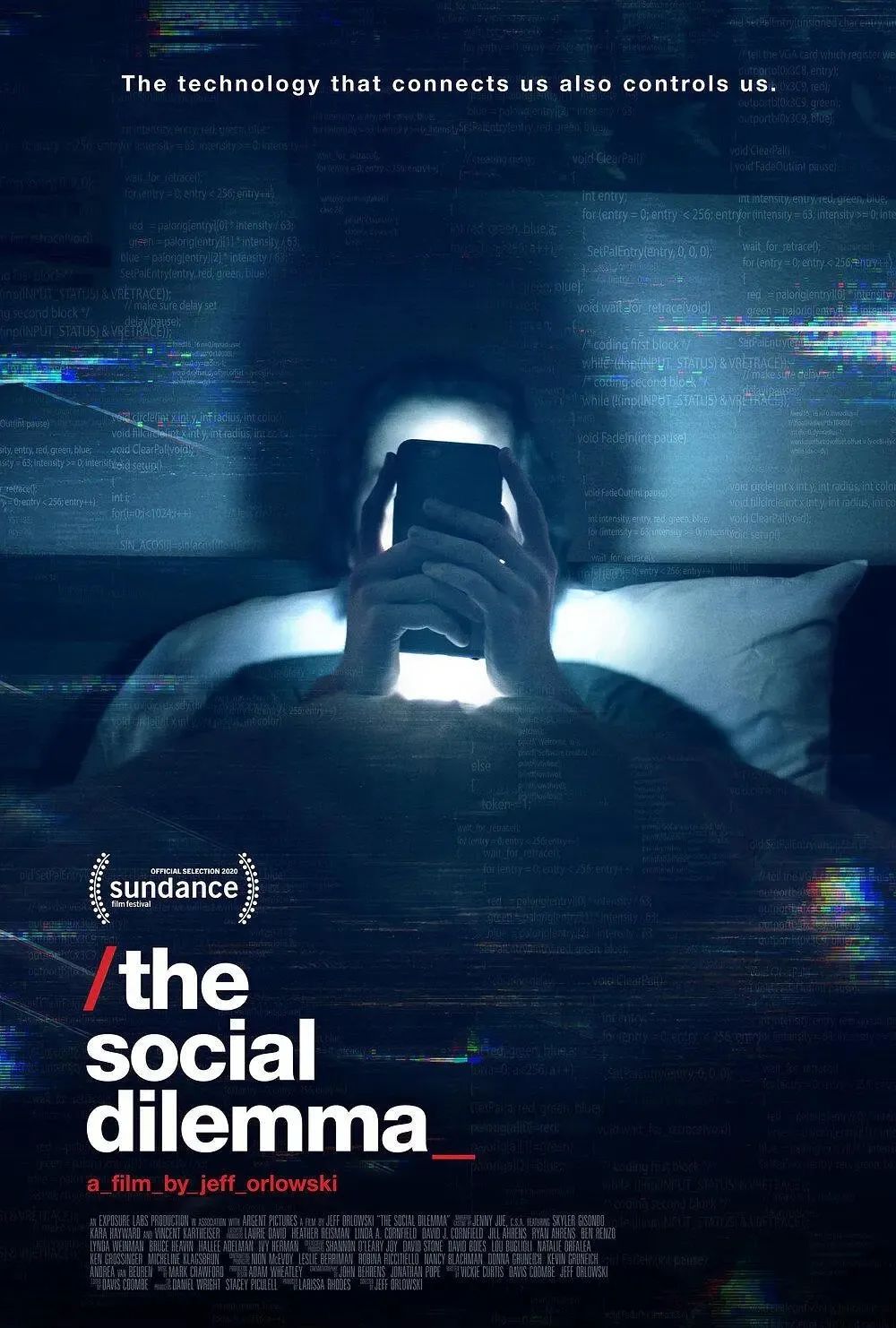



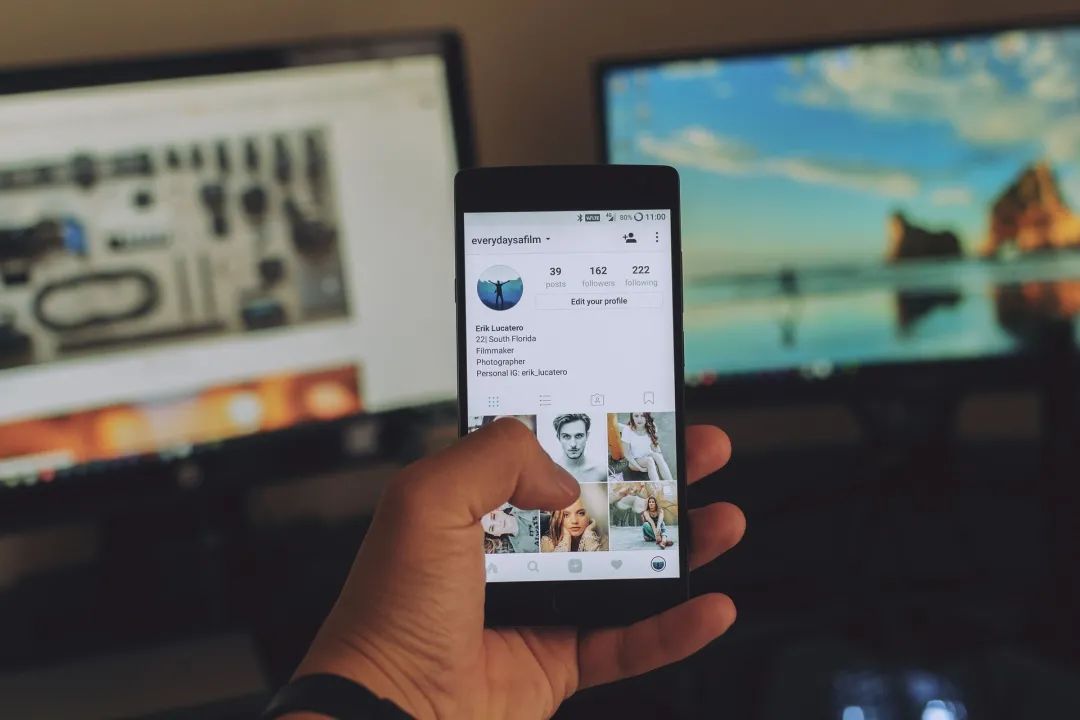









Go to "Discovery" - "Take a look" browse "Friends are watching"